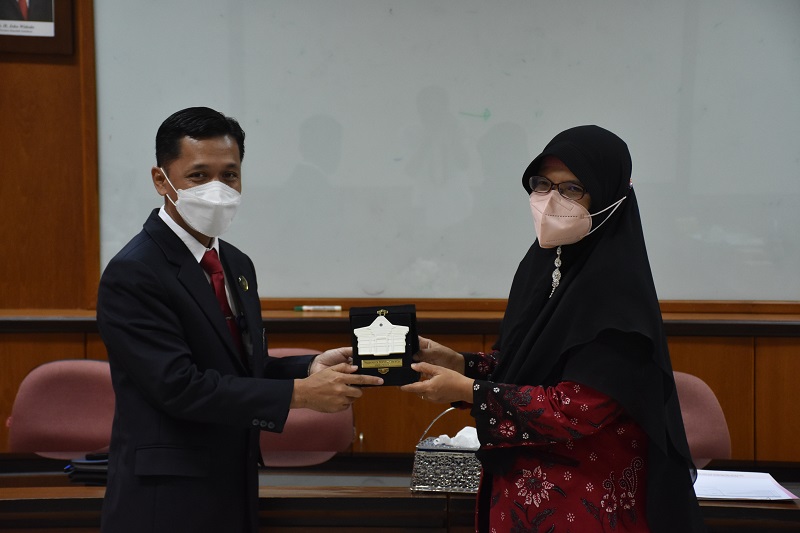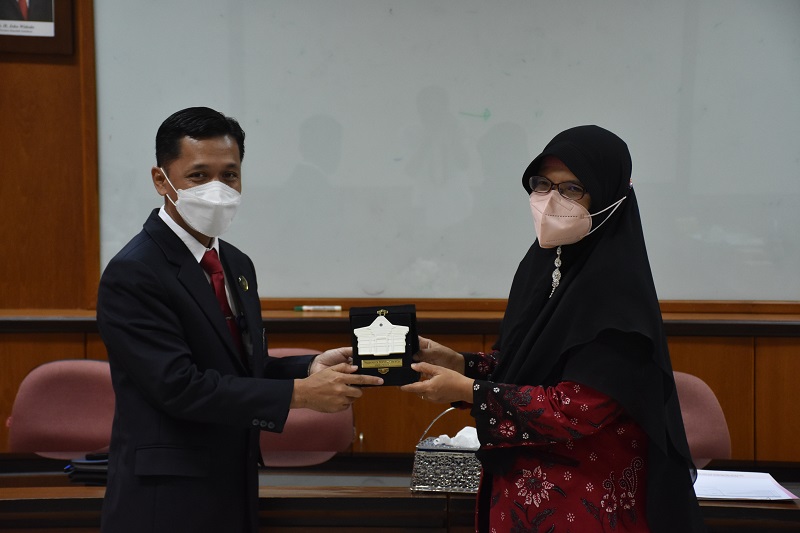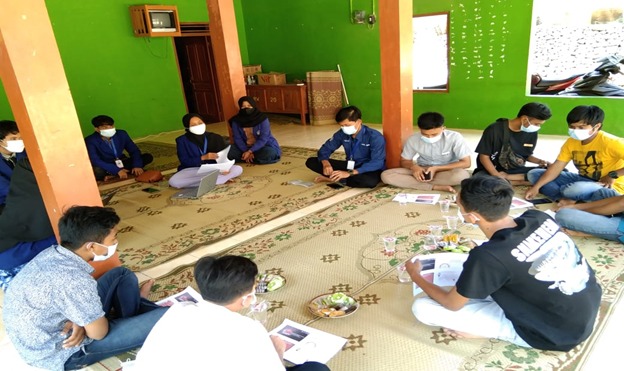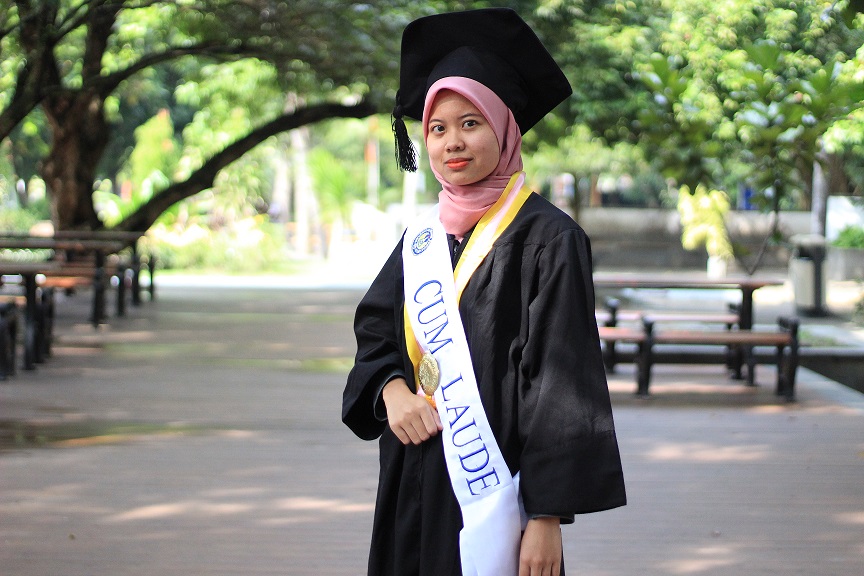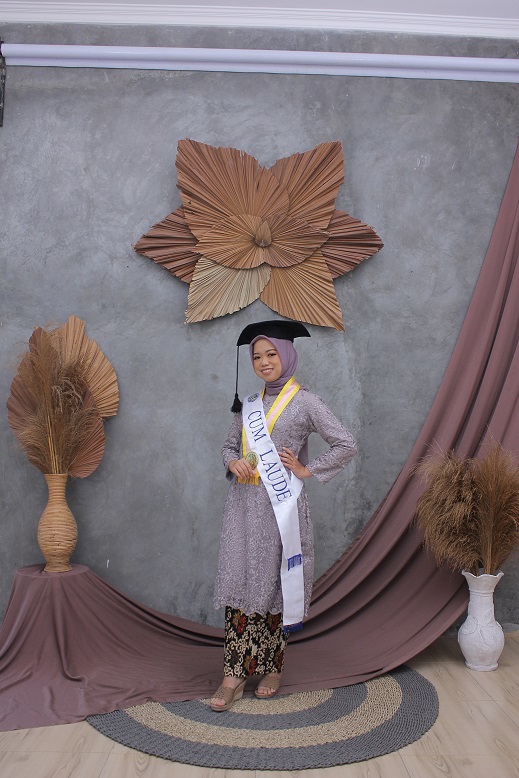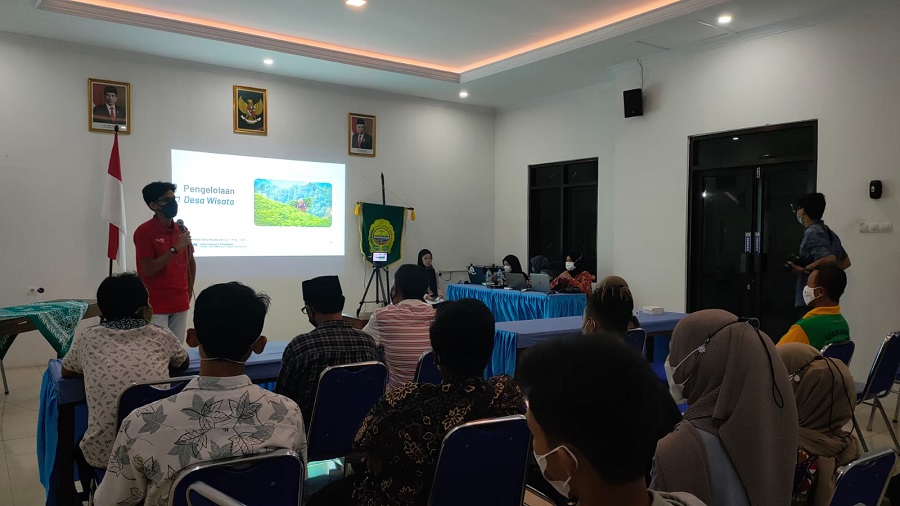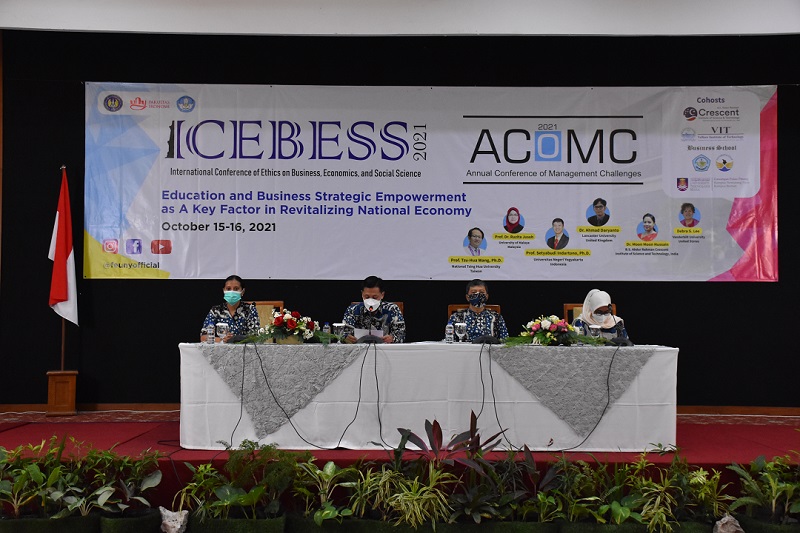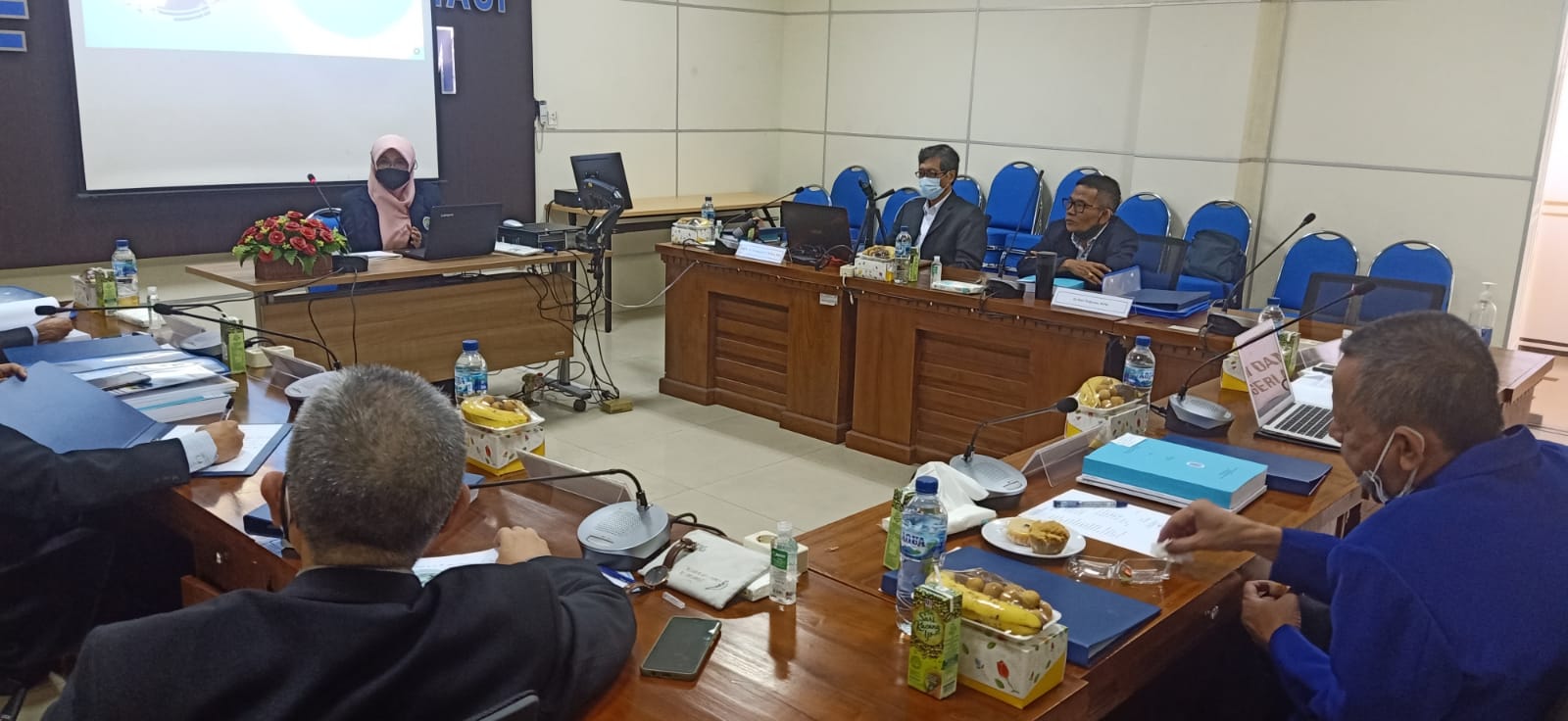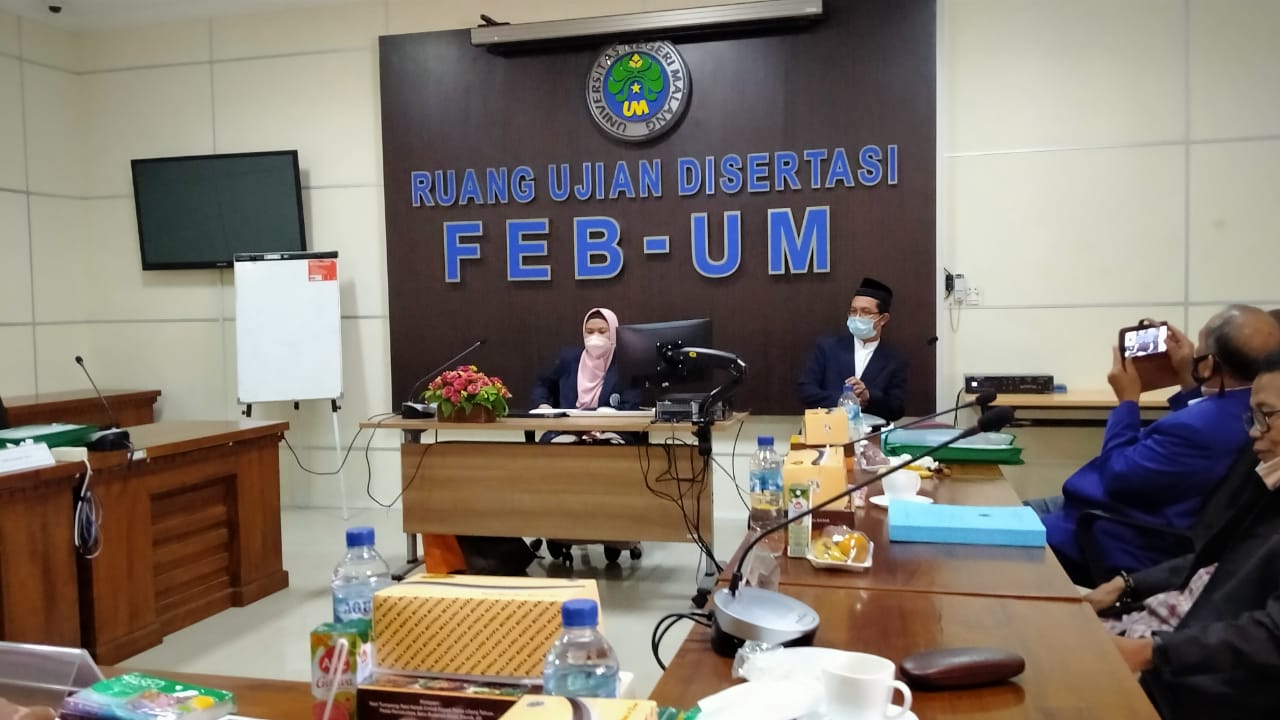Kuliah di Luar Negeri Tingkatkan Adaptabilitas
Submitted by feb on Tue, 26/04/2022 - 22:28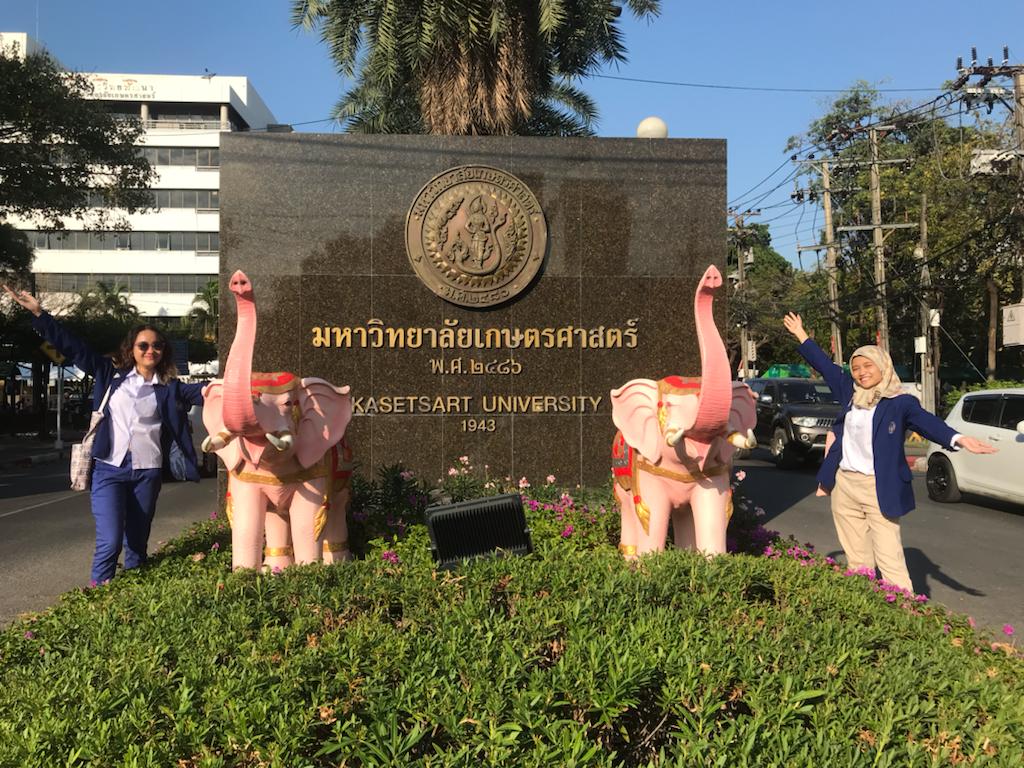
Afifah Puspitaliza dan Lisa Utari, dua mahasiswa FE UNY, menjalani kuliah selama satu semester di Kasetsart University pada semester genap ini. Meskipun kelas masih dilaksanakan online, tetapi keduanya sudah berada di Bangkok, Thailand sejak akhir tahun lalu. Ifah dan Lisa, demikian mereka biasa disapa, merupakan salah satu peserta program One Semester Scholarship Program for ASEAN Students: In Celebration of the 80th Anniversary of Kasetsart University (OSSPAS). Program ini memberikan mereka kesempatan mengikuti 3 mata kuliah selama satu semester ini hingga 17 Mei 2022 mendatang.
Kegiatan perkuliahan di kampus mereka jalani dengan lancar. Ifah sendiri merasa kagum dengan kegiatan perkuliahan di sana. "Seru, nyaman, kampusnya keren, pelayanannya cepat dan mudah," ujarnya.
Ifah yang merupakan mahasiswa S1 Akuntansi 2018, bercita-cita untuk keliling dunia. Oleh karena itu, mengikuti program semacam ini menjadi langkah awal dan motivasi tersendiri bagi alumnus SMA N 1 Banjarbaru, Kalimantan Selatan ini, agar bisa mengasah soft skills dan hard skills, menambah ilmu dan pengalaman, belajar beradaptasi di negara lain.
Senada dengan Ifah, Lisa juga sejak lama berhasrat berkuliah di luar negeri karena keyakinannya akan berbagai manfaat kependidikan maupun pengalaman yang akan diperoleh. "Kuliah dan hidup di luar negeri menurut saya merupakan cara yang sangat tepat untuk mengembangkan diri saya menjadi pribadi yang lebih mandiri dan adaptable. Selain itu, tentunya pengalaman berharga ini sangat bermanfaat untuk meningkatkan pengetahuan saya serta membuka dan memperluas pandangan saya mengenai banyak hal. Tidak hanya mengenai sistem perkuliahan, tetapi juga tentang cara hidup, pertemanan, dan banyak lagi," terang alumnus SMK N 1 Wonosari ini.
Meskipun masih di Asia Tenggara, Ifah dan Lisa merasakan berbagai perbedaan bahasa, budaya, dan kehidupan yang menjadi tantangan mereka. "Orang sini jarang yang bisa bahasa Inggris dan hurufnya juga berbeda," ujar Ifah. Lisa menambahkan, mencari makanan halal di sana juga membutuhkan usaha lebih. "(selama ini) masak, sebelum puasa juga cukup sering masak biar hemat," terang Lisa. Menjalankan ibadah Ramadan di Bangkok pun tetap mereka jalani dengan lancar dan aman. "Hanya saja, kami tinggal di Bangkok yang bukan daerah muslim jadi tidak terasa vibes-nya," jelas Lisa yang juga mengambil kuliah di program studi yang sama.
Ifah mengajak mahasiswa FE UNY untuk tidak berhenti berusaha jika ingin berkuliah di luar negeri. "Jangan menyerah, asah terus bahasa Inggrisnya. Tingkatkan prestasi, dan jangan ragu untuk mencoba," pesannya. (fdhli)

